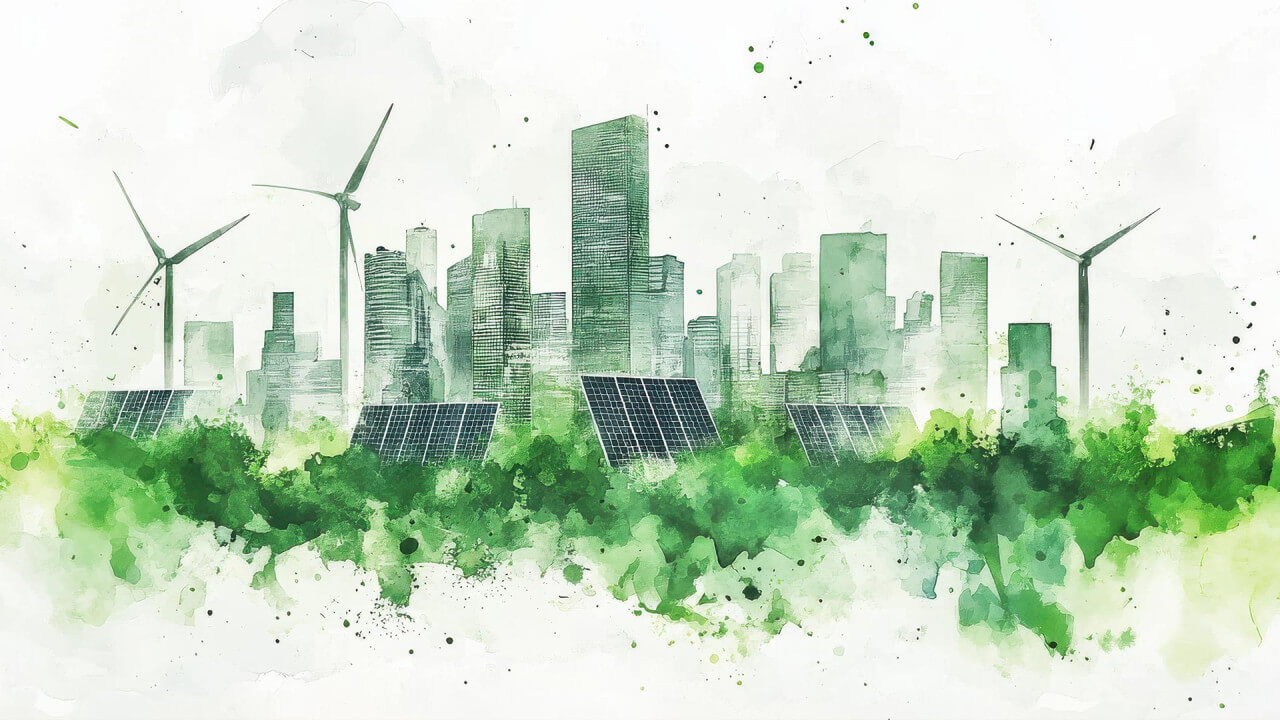

This pledge, made by BDO Unibank, Bank of the Philippine Islands, Security Bank, and the Development Bank of the Philippines, aligns with the goals of the Withdraw from Coal: End Fossil Fuels (WFC:EFF) coalition, according to the Center for Energy, Ecology, and Development (CEED).
WFC:EFF, a coalition of environmentalists, faith leaders, and various sectoral groups, advocates for the transition away from fossil fuels.
Commitment to sustainability
In a statement, CEED, an independent, non-governmental "think-do" organization, shared that BDO Unibank vice president and chief sustainability officer Marla Alvarez had confirmed the bank had ceased lending for additional coal capacity in 2022.
The country’s largest lender has committed to limiting coal exposure to no more than 2 percent of its portfolio by 2033.
As for BPI, the first private domestic bank to announce a coal exit policy, it has taken significant steps to phase out coal financing as part of its commitment to sustainability. BPI chief finance officer and chief sustainability officer Eric Luchangco said, “We at BPI remain steadfast in our commitment not to finance any new coal power generation projects, including expansion units for existing plants.”
Similarly, Security Bank reaffirmed its stance, noting it stopped financing coal generation projects in 2022 and aims to phase out existing exposures by 2033.
Negative list
Meanwhile, DBP highlighted its 2017 policy that includes coal power facilities on its negative list. Landbank of the Philippines, while aligning with the Department of Energy’s coal moratorium, has also placed greenfield coal projects on its exclusion list.
CEED executive director Gerry Arances urged Philippine banks to further pivot from coal and gas financing to supporting renewable energy, stressing that this shift aligns with global commitments to transition away from fossil fuels.
A recent CEED report revealed that while fossil fuel expansion persists in Southeast Asia—primarily driven by Global North investments—the region has a promising 397.8 gigawatts of renewable energy capacity in the pipeline.
The four Philippine lenders and other Southeast Asian banks are at the forefront of advocating for renewable energy funding.
